|
Last week I overheard someone telling a friend that they have a “surprise day off tomorrow.” Apparently they requested the day off from work a while ago but can’t remember why. So, it’s just a surprise day for themselves.
A blank day in their daily planner. It got me thinking about how we all could benefit from a surprise day off from whatever stressors and responsibilities are filling our days right now. So, why not make it happen? I can already hear you starting to list a million reasons why not to make it happen but what about all the reasons to try to make it a reality? Take some time and pick a day on the calendar that looks at least sort of open and schedule yourself off from whatever you are typically doing. Go ahead and label it “surprise day off.” Give yourself a blank page in your agenda that day. Don’t fill it with work or chores or caring for others. Leave it open for yourself. Maybe you could go for a long drive alone. Maybe you could have lunch with a friend. Maybe you could sleep in. Maybe you could do something that you find fun. It doesn’t matter as long as it is something for you. And if you can’t swing a whole day off, aim for a half-day or even an hour. Just schedule some time off — even if it takes 6 months to make it happen. Go make it happen. Ask for help from your support network if you need help with covering your responsibilities. Maybe you could even offer to cover for them on their own surprise day off! I promise you that when that “surprise day off” comes around, you’ll be so glad you scheduled it for yourself. (Read Changing Perspectives on Facebook)
0 Comments
Last night I lost it.
I was too tired because I didn’t sleep enough. I was too hungry because I didn’t eat enough. I was too sore after an injury because I didn’t rest enough. I hadn’t done enough. And so, I wasn’t enough. I wasn’t patient enough. I wasn’t understanding enough. I wasn’t trusting enough. I lost it. Tears over nothing. Tears over everything. It may have seemed like it came from nowhere but it came from everywhere. That’s what happens when we don’t give ourselves enough. And the truth is, when we don’t give ourselves enough, we aren’t able to give anyone else enough. Don’t forget to focus on doing enough for yourself. Sometimes that might mean you need to focus on doing less for others. Find the space between selfishness and selflessness and live there. Give yourself enough so you can be enough. (Follow Changing Perspectives on Facebook) As a therapist, I talk with patients every day about developing coping tools and strategies to help them better manage anxiety. Things like deep breathing, challenging faulty thinking, and building self care strategies are often what we focus on in sessions but there are some products that are widely available via online in in person retailers that people should also consider adding to their anxiety tool kit. Here are 7 must-haves* for anyone with anxiety and since each of these tools has a variety of options and price point, you can totally individualize each option! 1. Weighted Blanket Are you someone who likes a good hug or snuggling up under a warm blanket? Do you feel better when you can sit somewhere that makes you feel safe and secure? A weighted blanket provides all of those physical sensations. I first used weighted blankets over 25 years ago when I worked with children who had sensory processing difficulty. The blankets were heavier than your normal blanket and would help calm them and make them feel safe. I soon learned that they also worked for me, giving me an instant feeling of calmness even from holding the blanket on my lap. Today, weighted blankets are available in a variety of sizes from lap blankets to king size blankets and in a wide variety of weights. I promise you, a weighted blanket will quickly become your favorite item to turn to when feeling anxious and overwhelmed. 2. Essential Oils I use essential oils all the time in my home and in my office. When it comes to anxiety relief, there are essential oil blends specifically formulated to reduce stress, improve relaxation, and help you to calm your mind. You can use some of these oils topically (mix them with a carrier oil first such as almond oil) or even ingested. I prefer to diffuse a few drops of them in an essential oil diffuser. Just a few drops will help to ease any stress and anxiety you or your family may be feeling and it will leave the air smelling fresh! 3. Workbooks and Journals If you are self-motivated, workbooks and journals can be a great tool to use to help you gain insight into the root causes of your anxiety. You can set some time aside each morning or evening to review a section and complete some of the worksheets included. Although not a replacement for one on one counseling, workbooks and journals like the ones below can be an excellent way to help you start to gain control of your anxious feelings. 4. Zen Garden If you have ever seen these tabletop Zen Gardens, you know how calming it can be to allow yourself to do nothing but rake the sand and lay out the decorative rocks. Adding one of these to your desk at work or to a tablespace at home will provide you with a daily reminder to slow down and breathe. 5. At Home Fitness One of the most effective ways to combat anxiety is to find a way to release some of the pent-up anxious energy. Exercise is a perfect way to do this. If you don’t have time or the funds to go to a gym, there are lots of ways that you can work out right in your own home. Cardio has a lot of benefits when it comes to anxiety management so a simple home exercise machine like a rower or a stationary bike can be a good addition to your routine. You can get one delivered to your door for less than $250. That’s a small price to pay for some anxiety relief coupled with physical fitness. 6. Grown Up Coloring Books There is something very calming and relaxing about coloring an intricately designed picture. I’m not talking about cartoon character coloring books like we had when we were young. These coloring book options for adults are meant to take some time and are even more enjoyable when done with a set of good quality thin tip markers or colored pencils. This is an activity you can do with others too. So, grab a few friends, put out some refreshments and get your coloring on! Watch as your anxiety starts to drift away. 7. Bath Bombs You either are a bath person or you’ve never actually had a good bath. A nice hot bath at the end of a long day can be a great way to quiet your mind and increase your relaxation. Bath bombs can make the experience even more beneficial by adding some calming fragrance and skin softening properties to the water. Don’t like bath bombs? Try bath salts or take a bubble bath. No matter how you prefer your bath, make some time to pause from your daily hustle to slow down and relax.
Wouldn’t it be great to feel like you have a bit of a better handle on your anxiety? Can you imagine your life without the weight of anxiety always looming over it? Isn’t it time to add to your anxiety management tool kit? Go ahead and invest in yourself! *Some of these links are considered “affiliate links,” meaning if you click through these links to make a purchase, I might earn a small commission. Keep in mind that I link these companies and these products because of their quality and not because of the commission I receive from your purchases. All of these are products that I have used personally or professionally and many have also been successfully used by my clients and colleagues. My therapy sessions with my patients have grown heavy once again — especially for my patients that work in healthcare.
Day after day they share, with tear filled eyes, their overwhelming fatigue. They stare blankly ahead at the telehealth screen as they describe lying awake night after night, too exhausted and overwhelmed to find sleep. Each patient and their story is different but the common theme is the same — burnout. Complete and total burnout. So many question their career choice — for many of them have felt failed by their employers. So many question their own humanity — for they now dread going to work and being around people. So many question their future — for the passion that they once felt for their work is now nowhere to be found. Like so many of us they are crawling, bruised and broken, toward some nebulous finish line on the horizon. Sometimes as we near the end of a session, they will stop me and ask me if I am doing ok. “How are YOU managing it all?” They are caregivers by nature and struggle to keep the focus on themselves-even during their own therapy session. But I think they are mostly looking for signs of hope. Hope is what is missing most now. Hope is what is needed most now. In times of great sorrow, loss, and tragedy it is hope that keeps us tethered to our life and to each other. Hope that something and someone can be consistent. Hope for brighter days. Hope for rest. Hope for passions to be reborn. Hope to enjoy the world again. Hope to make it to tomorrow. As you crawl toward the finish line right now, find hope. Find it anywhere you can. And hold onto it. Sometimes you will be too much for people.
Sometimes you won’t be enough. Sometimes they will find you too sensitive Sometimes they’ll say you are too insensitive. Sometimes you will make decisions that hurt others. Sometimes the decisions of others will hurt you. Sometimes you will be lonely. Sometimes you will wish for solitude. Sometimes you will feel like all eyes are on you. Sometimes you will feel invisible. Sometimes the people you need to cheer you on won’t be there. Sometimes people around you will shout things that aren’t true. Sometimes you will feel too focused on a goal. Sometimes you will feel lost and directionless. Sometimes you will lie awake at night unable to find sleep. Sometimes you will crawl under the covers, afraid to face the world. Sometimes. Not all the time. Sometimes you will feel valued, seen, and appreciated, despite your flawed parts. Sometimes you will find your confidence, support, and direction. Sometimes you will be at peace and rest easily at night. Through all the sometimes, there will be constants to hold on to. You matter. Your life has meaning. You are not alone. Tomorrow is always a new day. Sometimes you just need to hold on. Sometimes the darkness sets in.
Like many people right now, I am emotionally spent. Empty. Exhausted. Broken. My thoughts are cloudy. My creativity is stunted. My attention span is non existent. The arguing and tension and constant back and forth of the past week has completely drained me. The anger, hatred, mistrust, and insults have deflated my hope. I could feel the darkness coming this time and I tried hard to make it stop. I decorated my house for the holidays to usher in some cheer. I rearranged my living room to give a refresh to my surroundings. I limited social media. I firmed up my boundaries with people that drain me. I spent time being with and talking to people I love. I clung to anything that felt remotely like hope. But the darkness still came. I opened my eye this morning and felt it - the crushing weight of depression and anxiety. The air was thick with it. So, I stopped fighting it. This morning I let the tears come. I moved some of my “to do” items to later this week. I gave myself permission to be gentle with myself. I leaned in to the things I can control. Although I feel the weight of the darkness, I will show up today for the people who need me. I will be kind to myself. I will keep looking for signs of hope and cling to them tightly. I will continue to try to spread lightness, even in times of darkness. I will celebrate the little things. For those of you feeling it all too, remember that you are not alone. This hard time will pass. Brighter days are ahead. They have to be. Today my laptop crashed.
In the middle of my workday, with 27 tabs open as I balanced insurance billing, reviewed new client documents, read emails from my children’s teachers, and did some online shopping before my Kohls cash expires, my laptop was like “Nah. Peace out. I’m done.” I have never identified more with a machine than I did in that moment. It reached its limit. It simply had too many internet tabs, excel documents, word documents, sticky notes, and programs running all at once. It just couldn’t do it anymore. How many of you can relate? How many of you, right now, are at the end of your rope? How many of you feel like you can’t do it anymore either. My laptop and I are right there with you! As I sat staring at the screen, unable to engage the mouse, or the escape button, or any reset tricks, I realized that I had no choice. I had to force my laptop to reset. As I pushed the power button, sending the laptop into its power down mode, I felt a twinge of jealousy. How lovely would it be to power down right now? How nice would it be for someone to walk in and say to me: “You need to reset. I’m shutting everything down for you and giving you a chance to catch your breath and restart.” I’m quite sure a lot of you can relate. As a psychotherapist, I get to have some insight of how people, in general, are doing. You know what, the pulse check right now is pretty concerning. People’s lives are filled with stress, anxiety, depression, and hopelessness right now. So many people have a million tabs open at a time and are completely overloading their operating systems, at risk of crashing at any minute. Don’t be like my laptop. Don’t wait until you have no choice but to shut down. Take a break now. Close some of your open tabs. Schedule a reboot. Give yourself a break. Recognize that we all need a break and if you don’t schedule one for yourself, eventually you will just get stuck and need a forced reset — probably in the middle of some important project or at the worst time possible. Take a few minutes, maybe right now, but at least soon, to figure out how to prevent your own crash. Silence.
It’s hard to find these days. I don’t think it’s been here for over 6 months. Between the kids and 2 parents working from home and 3 noisy dogs and 2 cats (or 4 dogs and 1 cat if you count the cat that thinks she is a dog), this house is very loud. Silence here is simply not a thing. Sometimes I can sneak away and soak in the bathtub while the bathroom fan drowns out the noise of dogs barking, video games being shouted at, pianos being played, cats knocking stuff off tables, and dishes being washed. In those moments, I can almost hear silence. But tonight I found silence that I didn’t know I was missing. After my oldest and I ate dinner, he left the kitchen to take a shower. My youngest and my husband were out running an errand. The dogs were sleeping peacefully with their recently full bellies. I have no idea where the cats were but they were quiet. Work was done. TVs and radios were off. The street was empty. All I could hear was the gentle humming of the ice machine and the soft snores of the dogs. Rather than getting up to do the dishes or flip over the laundry or sort the mail or prep backpacks for tomorrow, I sat. I took in the silence. I breathed in the silence, allowing myself to be fully present for the first time all week. I felt the chair legs beneath my feet (because I’m short). I felt the smoothness of the kitchen island built by my family during the height of quarantine. I felt the air fill my allergy-induced asthma lungs and took my first full deep breath all day. I felt my mind wander but I brought it back each time to focus on my breathing and the sounds of the silence. I sat fully present in that moment for as long as it lasted. Gradually the silence was filled. The ice machine dumped its newly formed tray of ice. The shower turned on in the bathroom down the hall. A car pulled down the street, waking two dogs, causing one of them to bark and the other one to tip tap up and down the hallway, her way of asking to be let outside. As I stood to do those dishes and flip over that laundry and sort that mail and pack those backpacks, I noticed a lightness inside. The weight I had been carrying all week was lighter, somehow made less heavy just by being in the silence. Then I remembered an important fact about me. Silence refuels me. It recharges me. It recenters me. But silence is hard to find. Tonight I remember that I have to try harder to find it, even if I have to find it in some stolen moments at a kitchen island. Thanks to the COVID-19 pandemic, many people throughout the country and around the world are finding themselves rather suddenly working from the confines of their own home. If you are someone who has grown accustomed to commuting to and from your office each day, working alongside others, and being away from home for 9+ hours each day, these changes are big.
Huge! Gone are your long, social, chatty daily rides on the train to and from work where you often get to sit with that nice lady from that big finance firm and that kind gentleman from that non-profit education program. Gone is the hustle and bustle of the subway station after work as you dart quickly through the crowd to catch your standing room only train ride home. Gone are the opportunities to stand at your coworker’s desk and catch them up on the latest drama with the other soccer moms or the newest item on your cousin’s baby shower registry. Gone are the lunches in the break room where you belly laugh with your coworkers for 20 minutes each day and commiserate about the latest work directives. Gone are your hour long car rides alone where you can listen to whatever you want on the radio, whether you are blasting 80’s rock tunes or singling along to 90’s ballads. Things are going to look very different for a while now. Your work week filled with other people, lots of noise, and hustle and bustle is now a long 5 days filled with very little physical contact with other humans, a lot of silence, and a whole lot of stillness. At first, these changes might be a nice break from your busy work life but, after a little bit of time, you may find that you are getting antsy and would give almost anything to go back to the way it used to be pre-COVID-19. Despite the challenges of these times, though, if you follow these 10 strategies for transitioning to working from home, you just may find some joy in this new temporary normal. 1. Establish Working Hours One of the biggest challenges when working from home is that there are suddenly no clear boundaries between work hours and non-work hours. Decide what time your work day will start and what time your work day will end. If you were a commuter, you’ve now gained some extra non-work time at home at both the beginning and end of the day. What can you fill it with that will be fun, relaxing or restorative instead of just filling it with more work? Resist the pressure to start work early or “stay” late. 2. Keep Your Morning Routine It’s tempting to plan to stay in your pajamas all day (or at least your pajama bottoms if you have some video conference calls). But, resist the urge and instead continue to spend time getting yourself ready for work each morning. Take your shower, make your bed, do your hair, put on your makeup, and wear something that you wouldn’t wear at home on a Saturday morning. Doing so will help your brain to understand that there is a difference between work hours and non-work hours. 3. Set Up Your Work Space Select an area of your home where you will be comfortable setting up your work space. You may even choose to select multiple areas and move your “office” throughout the day. Be creative. Feel free to order a few things online or re-purpose some wall hangings, art, or pictures from other areas of your home. As the weather gets nicer is there an area outside where you can do some work? Make your work space inviting and personalized. 4. Take Breaks Alone When you “arrive” to work each day, take a look at your schedule and decide when you will take some breaks and then use those breaks to do something for yourself. Take a quick walk outside. Have a cup of tea in another room. Download a meditation app and do a 5 minute meditation. Read a few pages of a book. It doesn’t really matter what you do as long as it isn’t work or household chores and is something that allows you to relax for just a few minutes. 5. Spend Time With Your Children If you are one of the vast number of parents who now have children home for weeks and months at a time, you are probably feeling the pull between attending to your work tasks and attending to your children’s needs. Plot out time each day to be with your children where you are not focusing on their at-home learning. Plan to eat lunch with them or take “coffee” breaks with them. Take the dog on a walk with them. Throw the baseball around with them. Be with them and enjoy this once in a lifetime chance to be at home together. 6. Check In With Your Partner These times are going to put a strain on many relationships. Couples who are used to not seeing each other all day everyday may be in for a bit of a shock with just how much they will be seeing of each other’s faces soon. Or, maybe one member of the couple is an essential employee and can’t be working from home, leaving the other member of the partnership to be feeling a bit more of the responsibility of having to work from home while caring for kids. Maybe this new set up will leave you feeling a financial strain. Chances are, no matter what the circumstances, this is going to be stressful for many couples. Talk with each other about it and find out what you each will need in order to feel supported during this time. Have a little “staff meeting” with each other at the start of each work week and at the end of each work week where you check in about what worked and what could have gone better. Communication is key! 7. Feel Your Feelings We are living through a time quite unlike anything many of us have ever experienced. No matter how stressful your job, your commute, or your relationships with coworkers may be, having it all change so suddenly can feel traumatic at times. Don’t be surprised if you find yourself feeling anxious, angry, sad, and/or numb. Allow yourself to cry, shout into the shower water, punch a pillow, or just sit and feel nothing. There is a lot of grief in what we are currently experiencing and the only way to deal with grief is to feel it. 8. Reach Out With limited social gatherings, it is going to be very easy to find yourself feeling isolated and lonely very quickly. Make it a point to reach out to friends via text, Facetime, social apps, and even the good old telephone. Schedule group chats with your friends where you can check in together a little bit without being physically near each other. Maintaining friendships and connections may take a little more effort these days. It’s worth it! 9. Focus On Your Health It is really tempting with gyms closing and our lives turning inward for a while to open up that bag of chips and throw our diets and exercise plans out the window. The reality is that we need to do the opposite right now. Make a plan for your meals and for at home workouts. Commit to your plan with a friend or your partner and check in regularly. After all, what boosts our immune system more than taking care of our bodies with good nutrition and healthy fitness habits? 10. Change Your Social Media Many people’s inclination right now might be to limit your use of social media but I think we NEED social media right now. We need to feel connected to each other, part of something bigger. Lean into social media but do it in a completely different way. Hide, snooze, and ignore a whole lot of people for the next 30 days. If you are feeling deeply triggered, irritated, hurt, or angered by someone’s posts, get them off your feed for the time being. There’s no space for that right now. Fill your feed with lightness. Hide the news — you can find it when you need it. Post fun photos. Ask engaging questions. Talk about books, movies, and television. Share helpful tips. Post recipe reviews. Share at home workouts. Social media can be an important lifeline to each other right now if we use it in the right way. These days ahead of us are going to feel strange, challenging, and sometimes even painful. But, if we are mindful and deliberate in how we approach this time in our life, we just might find that these days could be ones filled with memories, laughter, and a renewed connection to ourselves and the people we love. Today I am being super irresponsible and breaking lots of rules.
⠀⠀ I’m taking a long vacation with my family. ⠀⠀ The kids will miss quite a few days of school. ⠀⠀ I will be out of my office for two full weeks (I’ll still be teaching remotely, having a few video supervision sessions, and will be available via email for clients though). ⠀⠀ I said goodbye to my 5 fur babies for the longest time ever. ⠀⠀ I’m spending money I really should be saving. ⠀⠀ But... ⠀⠀ I get to be back in my family’s happy place for what will likely be our last long trip for many years as next year my oldest will be in high school. ⠀⠀ I get to spend this vacation with my boys, our 3 best friends and our children get to spend this vacation with 4 of their cousins. ⠀⠀ I get to experience a cruise for the first time with my children and try something new together. ⠀⠀ I get to invest in memories that will last a lifetime. ⠀⠀ My work reminds me daily that life is short and unexpected so I know I will never regret this trip and our time together. ⠀⠀ Book the vacations. Travel with the people you love. Live life to the fullest. No regrets. |
Mental healthNow, more than ever, we all need a little support to help get us through the rough spots. With all the pressures of life, it can be a challenge to find time to not only take care of yourself but also to truly understand who you even are anymore. Archives
July 2023
Categories
All
|
Sign Up For the Changing Perspectives Newsletter
Changing Perspectives with Jenni Brennan is supported by its audience.
When you purchase through links on this site, an affiliate commission may be earned. Learn More.
When you purchase through links on this site, an affiliate commission may be earned. Learn More.
Changing Perspectives Copyright © 2023
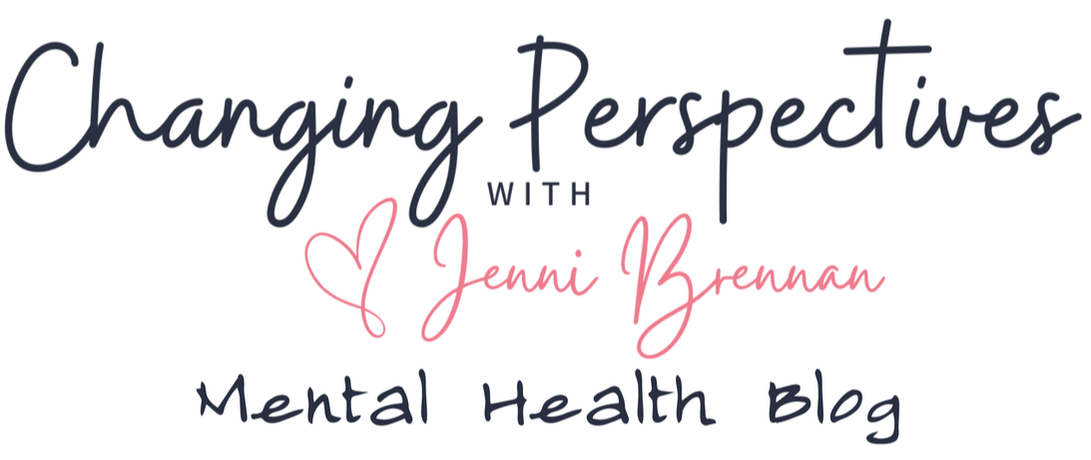
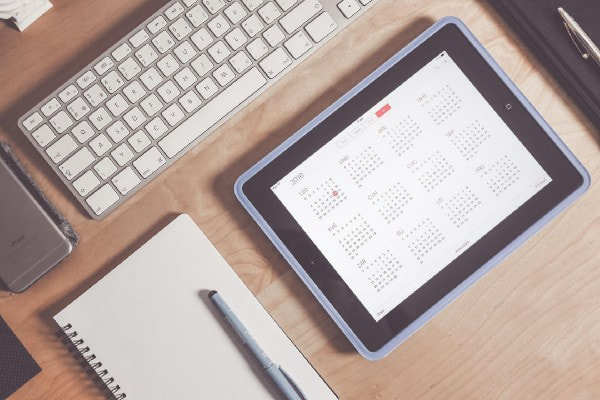

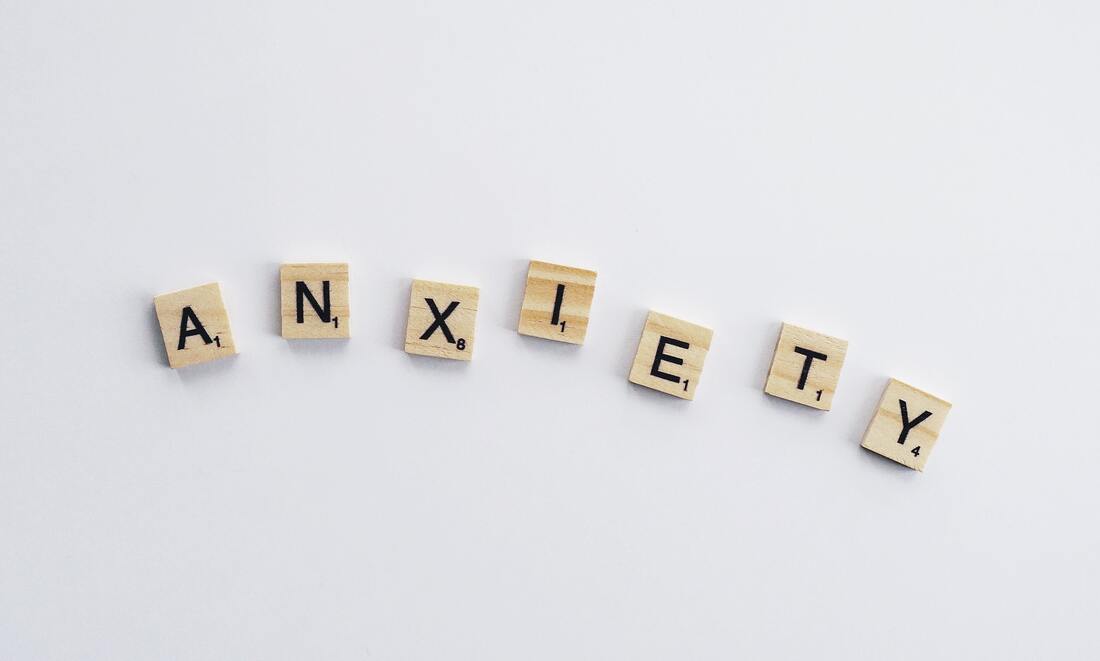
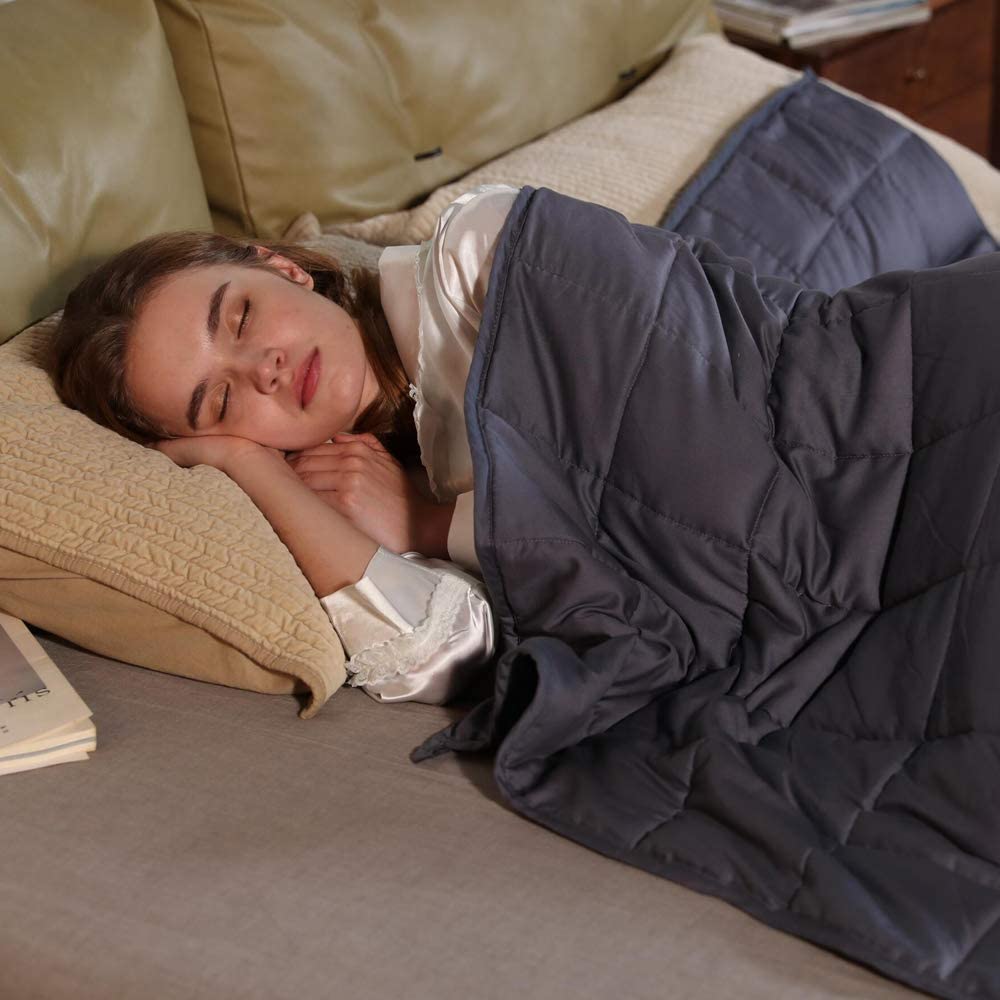
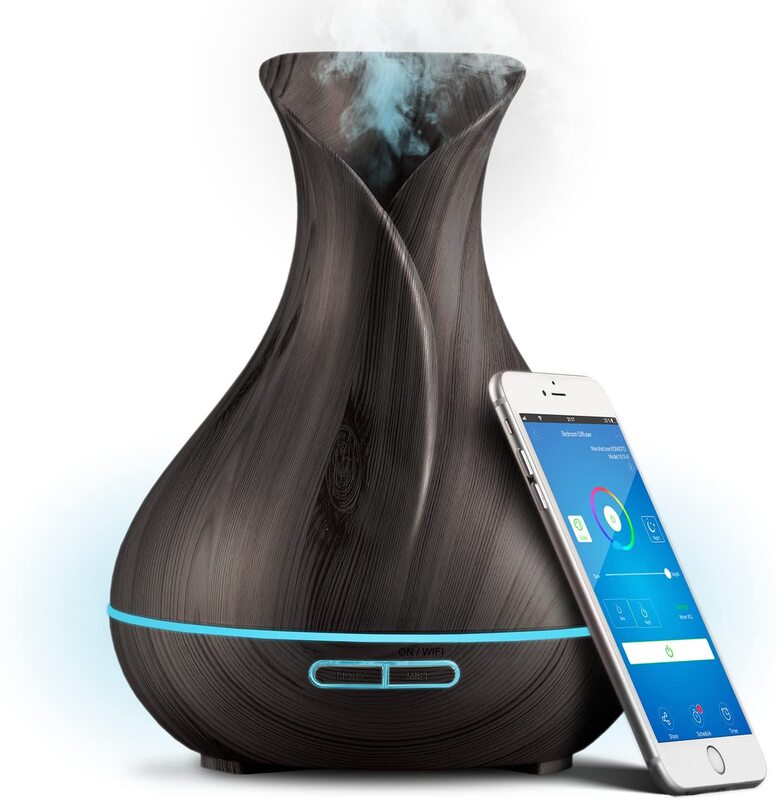
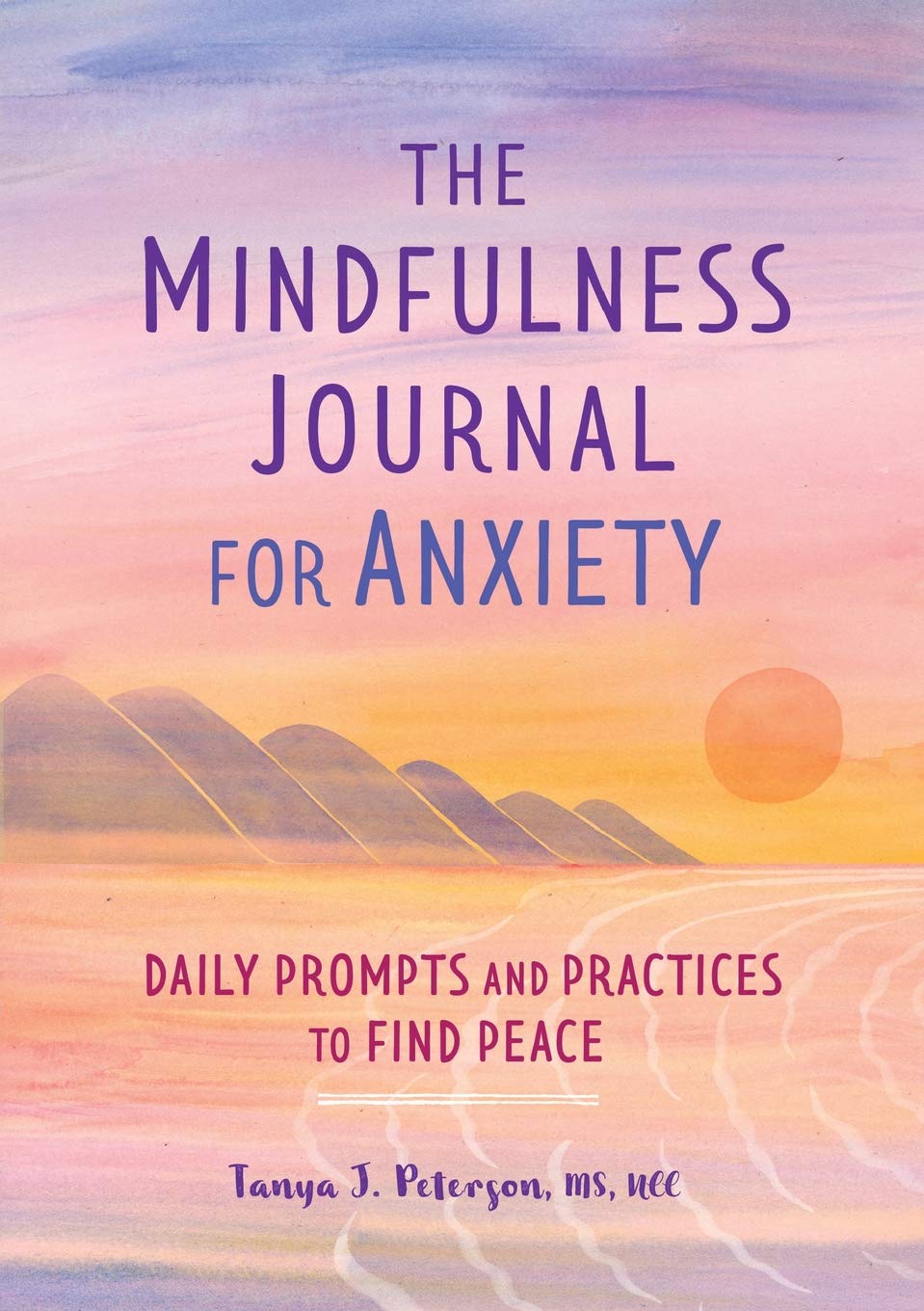
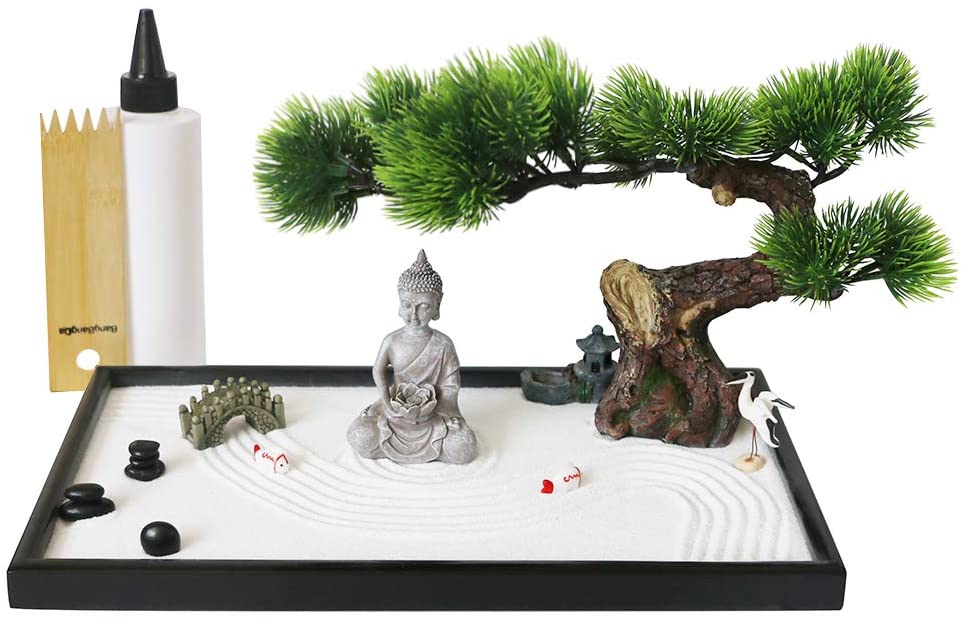
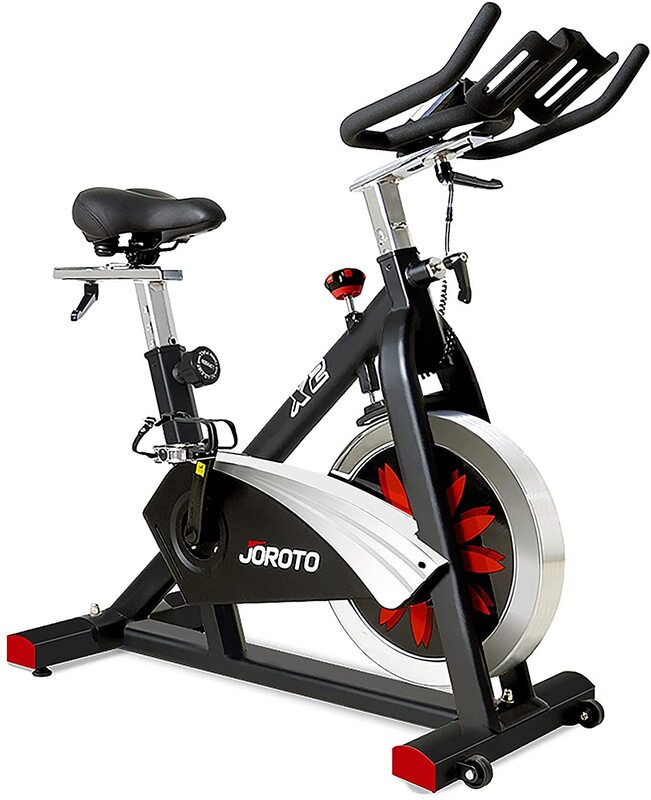




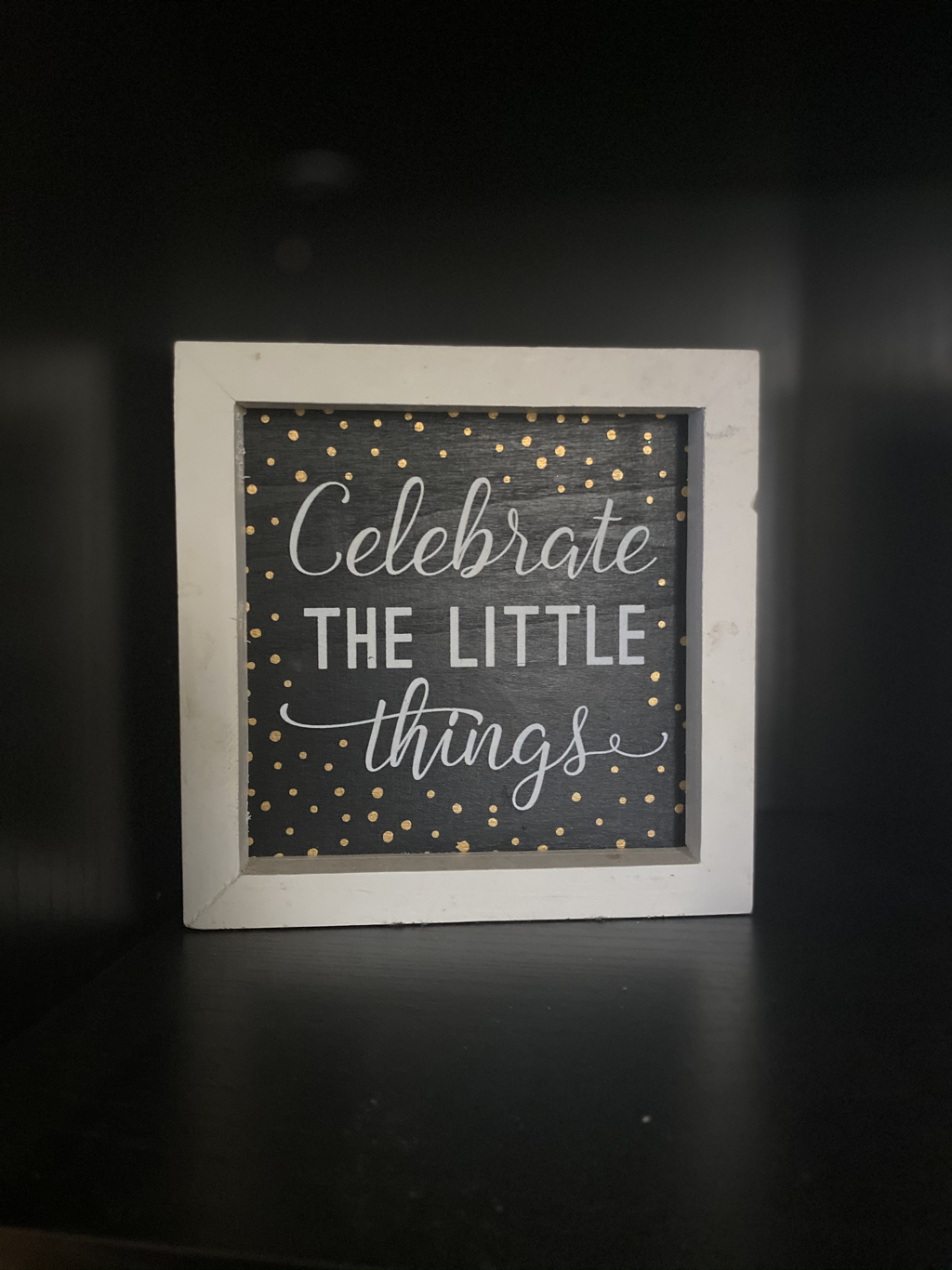
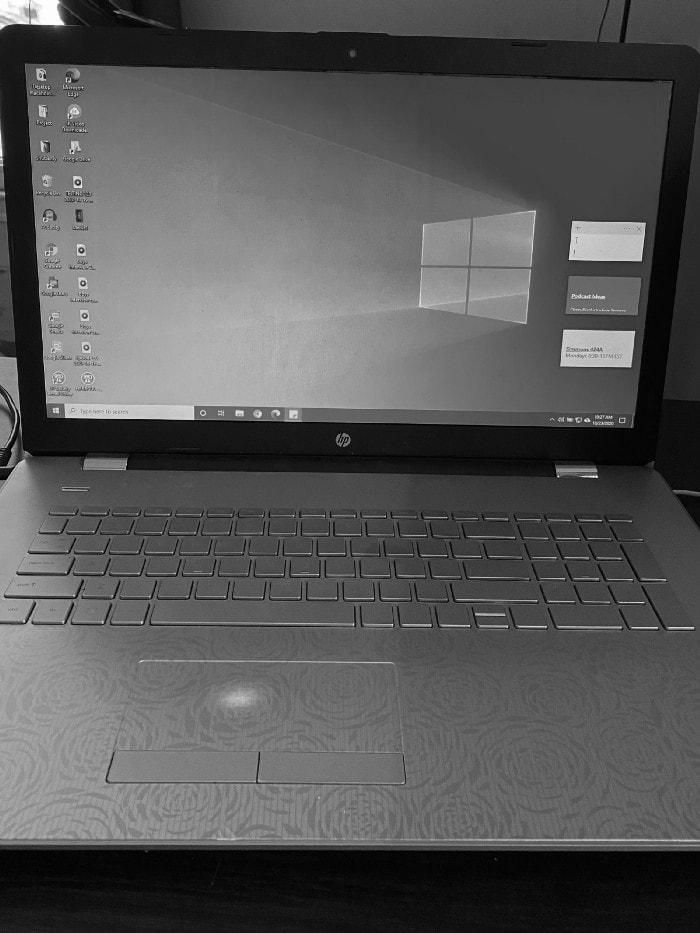
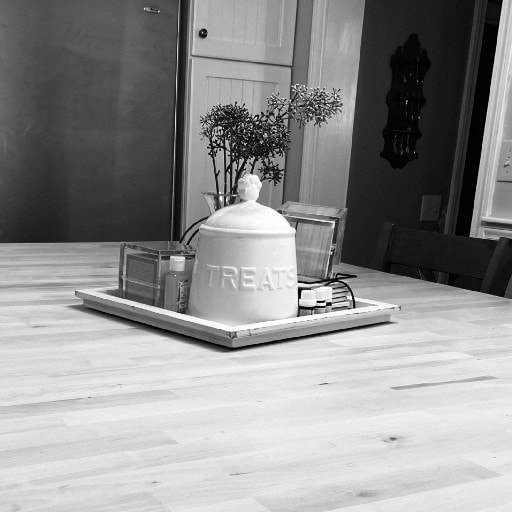
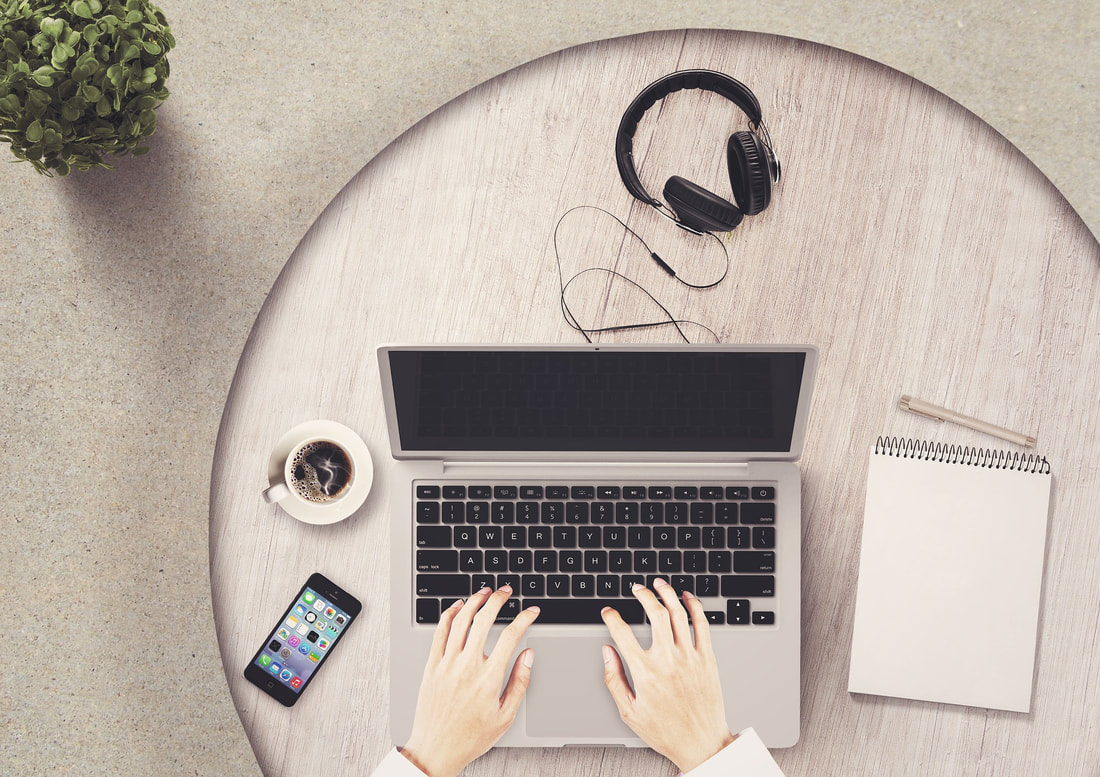

 RSS Feed
RSS Feed
